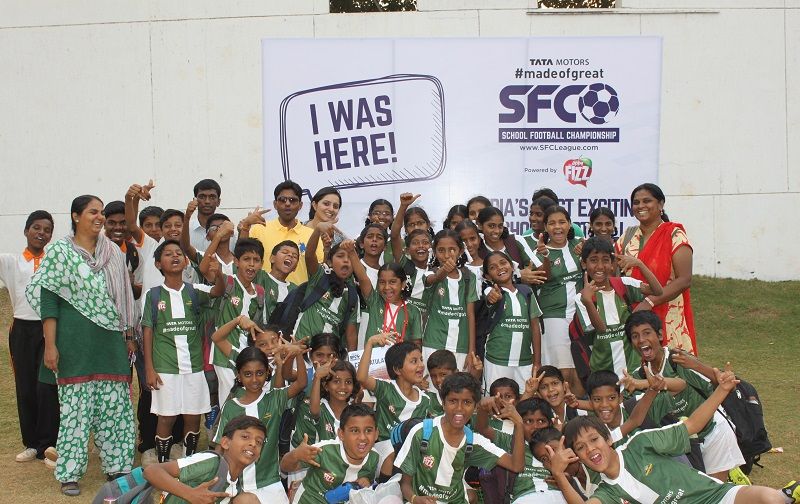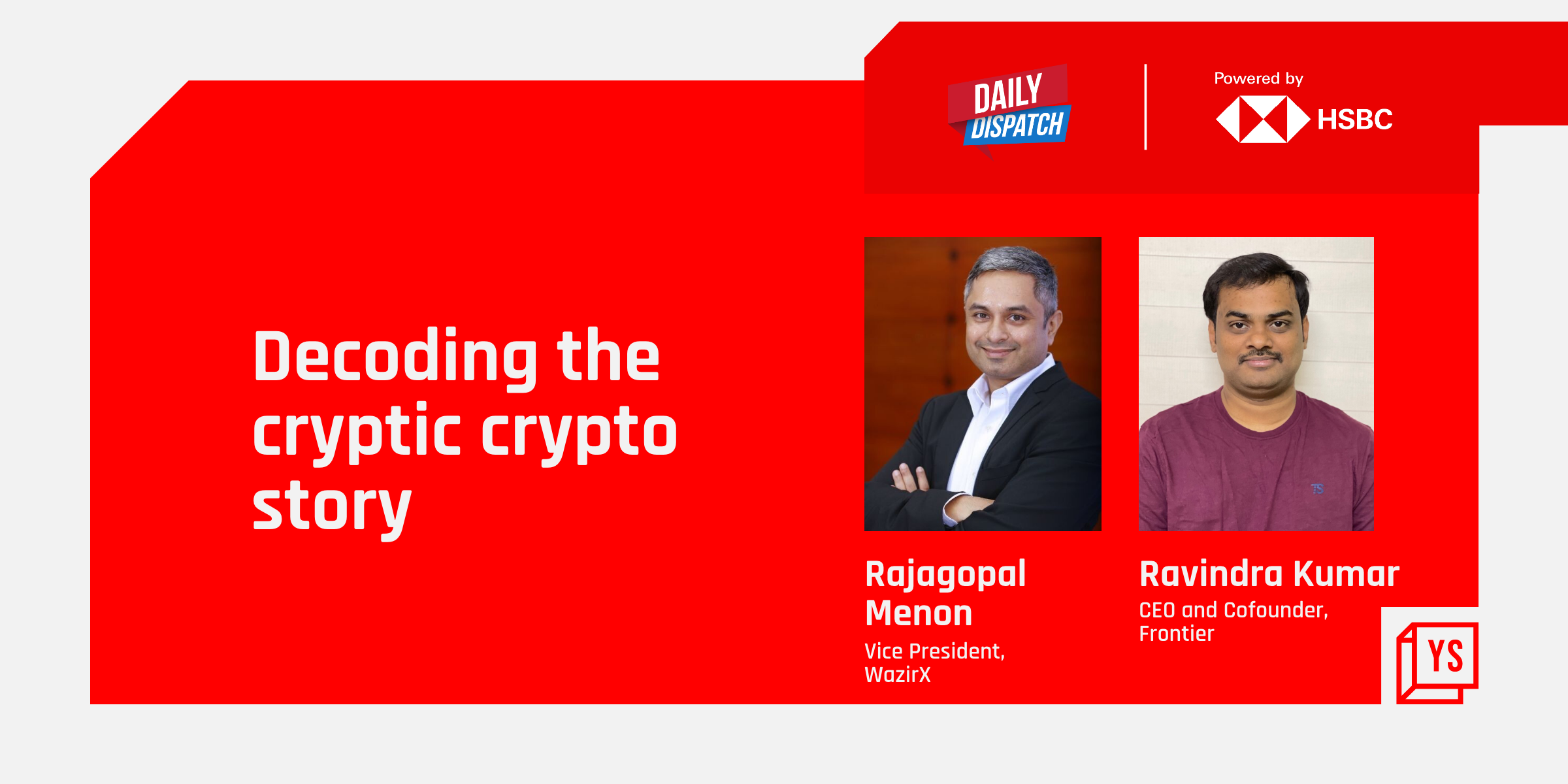SEED Schools – improving India’s private education sector, one school at a time
In a country that’s home to the world’s largest education system and whose outcomes have been continually dismal, how does one plant the seeds for an all-inclusive, measurable and scalable approach that perhaps doesn’t exist yet? Harish Mamtani and Manish Kumar are doing their bit to achieve this by setting up SEED Schools (Standards of Excellence in Education and Development), which is being looked at as a fine example of how India’s low-cost, private-education sector can be bettered.
By providing holistic solutions across curriculum, training and school management, SEED Schools is aiming at improving the learning outcomes and operational efficiencies in low-cost private schools.
The story behind SEED
When Manish, an IIT-Mumbai alumnus, moved to Georgia, USA to do his Masters, his experience of early education in India stayed with him and his desire to better it led him to take up an internship with Indian School Finance Company (IFSC) – a startup that was exclusively financing low-cost private schools.
He later joined IFSC full-time under its strategy team, working for five years and scaling its operations to almost 30 cities. After this stint, Manish decided to start his own venture with Harish, a US-based investment adviser and wealth manager who later changed tracks to mentoring young entrepreneurs, and was also Kumar’s colleague at IFSC.
SEED Schools was a dream the duo had been nurturing for a long time and, in 2013, they finally started the company in Hyderabad.
What plagues India’s education system?
India has approximately 1.6 million schools that are educating six million children. However, the results are far from satisfactory, as learning outcomes aren’t improving. The annual ASER reports are a testimony to this, according to which a Class V student is able to read only Class II text. Worsening the situation is that more than half the students who leave schools neither have the required life-skills nor employability skills to thrive in the job market.
While a number of low-cost private schools have sprouted across the nation as an alternative, their outcomes are only marginally better. Lack of qualified teachers, poor infrastructure and limited financial resources have been attributed as reasons.
According to Manish,
The biggest challenge is getting quality teachers – right from having subject expertise to pedagogy. Another area of grave concern is that the success metric is high test scores. Education isn’t an experience that unleashes their full potential; which is what it should be.
SEED Schools hopes to bridge this need.
What does SEED do?

A ‘school management company,’ as Manish likes to call it, SEED partners with affordable private schools to transform the overall quality of education delivery and outcomes. The core team is split into three areas –
- Content Team – SEED develops its own content solutions that engage and foster critical thinking skills among students. For instance, storytelling is a useful methodology to teach English and helps in the development of reading, writing, speaking and listening skills – all of which are critical for comprehensive development. The company also partners with third-party content providers and integrates their solutions, giving teachers and children a wide range of content to play with. The team has come up with SEEDLE, a digital teaching, training and learning tool that is rich with content, animation, activities and exercises. Lessons end with an assessment, which measure students’ learning happens in a formative and summative fashion. Currently, the content team only works on English and mathematics, but would soon start focussing on science and other subjects as well.
- School implementation team – This team spends 90 percent of its time within schools, working with the faculty and students, to ensure the content modules are delivered; equipping teachers with the required subject knowledge and ways to deliver the same; as well as designing a range of extra-curricular activities that can foster curiosity and build skills such that children can chart their own future. From performing street plays to raising awareness around Swachh Bharat Abhiyan, to participating in national-level school football championships, the school implementation team strives to build opportunities for students to explore.
- Operation team – The backbone of all the processes, this team handles everything – data management, accounting, in-house facilities (water, sanitation, electricity, transport), and even teacher recruitment.
Manish says,
Basically the school outsources everything to us. We are responsible for running it end to end and bettering the results.
Impact and scaling up
Reflecting on SEED’s journey, Manish says,
India’s strict regulatory rules and bureaucracy have posed quite a few hurdles. But having said that, someone has to clean up the system. The biggest challenge is not improving the quality of schools but doing so at a low-cost.
But the company has been managing that successfully and the assessments shed a light on the improvements. In Hyderabad’s Sreenidhi High School, 28 students of Class II were tested for their maths skills. While the pre-test scores indicated an average score of 36 percent, after an intensive intervention of around 1.5 months, the post-test scores jumped to 80 percent, thereby showing an improvement of 44 percent.
Today, SEED is working with three schools in Hyderabad that cumulatively cater to 950 students. In 2016, it plans to partner with one more school and increase its offerings to at least 1,500 students. The company’s future plans are ambitious. Manish says,
Our goal is to enter into a public-private partnership model with the Government of India, tap into the huge CSR network and impact as many schools as we can, across the nation.










